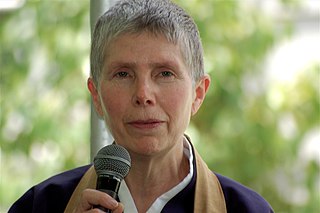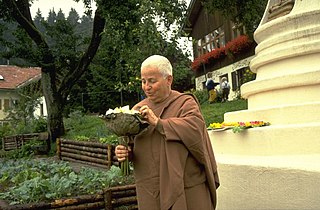A Quote by Nell Newman
Cultivating a generous spirit starts with mindfulness. Mindfulness, simply stated, means paying attention to what is actually happening; it's about what is really going on.
Related Quotes
Mindfulness is not just a word or a
discourse by the Buddha, but a
meaningful state of mind. It means
we have to be here now, in this very
moment, and we have to know what
is happening internally and
externally. It means being alert to
our motives and learning to change
unwholesome thoughts and
emotions into wholesome ones
Mindfulness is a mental activity that
in due course eliminates all
suffering.
I have seen that there are a number of people who benefit from doing loving kindness meditation, either prior to or along with mindfulness meditation. It varies from person to person of course, but for many, their practice of mindfulness will bring along old habits of self-judgment and ruthless criticism, so it is not actually mindfulness.
Mindfulness is the primary tool in that we get a little space between ourselves and the thoughts and then we actually can be more responsive, as in: Do I want to listen to that? Do I want to ignore it? Do I want to say "no thank you". Do I want to inquire if that's really true or helpful? So we start with mindfulness and we're not engaging, because as soon as we do that, we've given the critic authority. Instead, we want to notice the critic but not give it any attention, not really give it much value.
In Asian languages, the word for 'mind' and the word for 'heart' are same. So if you're not hearing mindfulness in some deep way as heartfulness, you're not really understanding it. Compassion and kindness towards oneself are intrinsically woven into it. You could think of mindfulness as wise and affectionate attention.
In Asian languages, the word for mind and the word for heart are same. So if you’re not hearing mindfulness in some deep way as heartfulness, you’re not really understanding it. Compassion and kindness towards oneself are intrinsically woven into it. You could think of mindfulness as wise and affectionate attention.
You are a Buddha, and so is everyone else. I didn't make that up. It was the Buddha himself who said so. He said that all beings had the potential to become awakened. To practice walking meditation is to practice living in mindfulness. Mindfulness and enlightenment are one. Enlightenment leads to mindfulness and mindfulness leads to enlightenment.




























